Top Colleges Which Superscore the SAT & ACT — With Tips for Your Own Score Reporting Strategy
Read now/f/64062/1200x676/207c5254d4/benefits-of-ivy-league-header.jpg)
/f/64062/1690x935/2d2cce63d4/how-to-become-a-lawyer.JPG)
If you’re considering a career in law, one of the key steps is choosing the perfect law school for you. The perfect law school, as you'll soon discover, can significantly impact your future in the legal profession.
In this blog, we'll explore the best law schools in and out of the US, the importance of selecting the right school for law majors and the key factors to consider during your evaluation process.
___________
Why does it matter where you study law? Well, your choice of law school can profoundly influence your education, your connections, and your career prospects. Here's why it's crucial:
1. Quality of Education: Different law schools offer varied curricula, teaching methods, and faculty expertise. Attending a reputable institution ensures you receive a high-quality education, preparing you for the challenges of the legal profession.
2. Networking Opportunities: Law school isn't just about textbooks and lectures; it's also about building connections. The right school can provide access to a network of alumni, professors, and professionals that can help you in your future career.
3. Employment Opportunities: Top law schools often have strong relationships with law firms and legal organizations, which can lead to better job placement opportunities after graduation. Recruiters often target specific schools when hiring new talent.
4. Reputation: Let's not underestimate the power of prestige. Attending a renowned law school can open doors, garner respect, and set you apart in a competitive job market.
Now that we've established why your choice of law school is vital, let's delve into the key factors you should consider when evaluating your options:
1. Location: Think about where you want to practice law in the future. Attending a school in the region where you plan to work can provide local connections and a better understanding of the legal landscape.
2. Cost and Financial Aid: Law school can be expensive, so consider tuition costs and the availability of scholarships, grants, and loans. Don't forget to factor in living expenses, too.
3. Specialization: Some law schools have strengths in specific areas of law, such as environmental law, corporate law, or criminal law. If you have a particular interest, research schools that excel in that field.
4. Bar Passage Rates: Check the school's bar passage rates. A high percentage of graduates passing the bar exam is a good indicator of a school's effectiveness in preparing students for the legal profession.
5. Class Size and Student-to-Faculty Ratio: Smaller class sizes can lead to more personalized attention from professors. A low student-to-faculty ratio can enhance your learning experience.
6. Internship and Externship Opportunities: Practical experience is invaluable in the legal field. Look for schools that offer robust internship and externship programs, as well as clinics that allow you to work on real cases.
7. Culture and Fit: Visit the campuses (if possible) and talk to current students. Consider the school's culture, values, and whether it aligns with your own goals and personality.
8. Bar Review Programs: Investigate whether the school offers bar review courses as part of the curriculum, as these can be crucial for preparing for the bar exam.
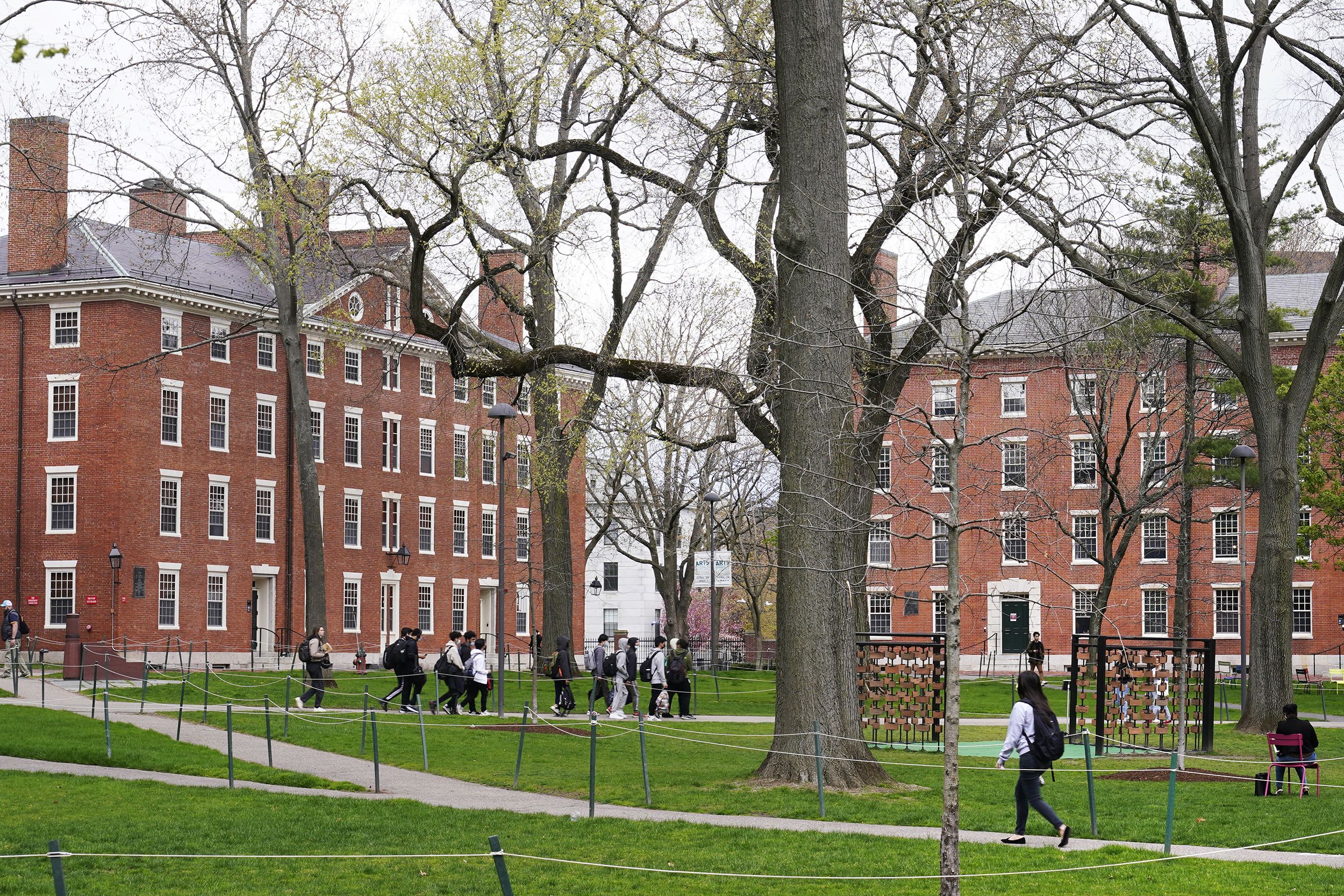
Harvard Law School, or HLS for short, is known for its rich history and rigorous legal education. Here's what you can expect:
Program Overview: HLS offers a diverse curriculum and encourages experiential learning. It's renowned for its Clinical and Pro Bono Programs, which provide students with hands-on legal experience. You'll also have access to an extensive library and some of the brightest legal minds in the world.
Strengths: HLS is particularly strong in constitutional law, civil rights law, and corporate law. It's also a hub for legal research and innovation.
Notable Alumni:
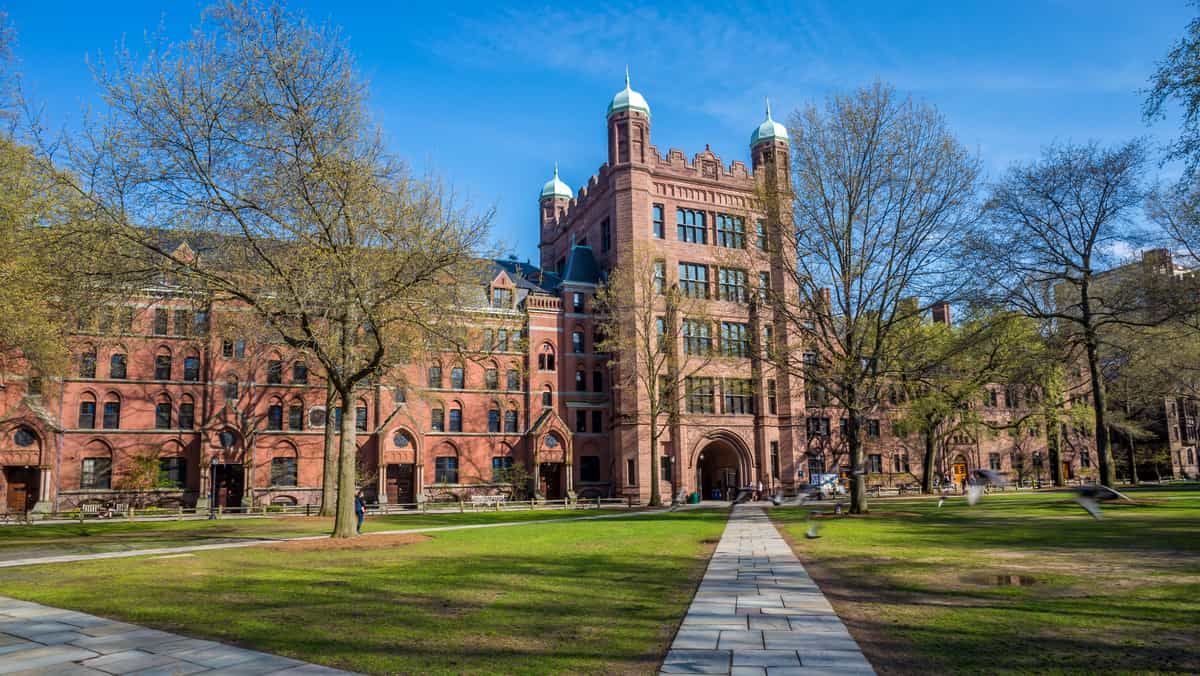
Yale Law School, often abbreviated as YLS, is known for its intellectual rigor and focus on public service.
Program Overview: YLS places a strong emphasis on critical thinking and public interest law. Their small class sizes foster close relationships with professors and peers, creating a supportive learning environment.
Strengths: YLS is renowned for its strengths in constitutional law, human rights law, and environmental law. It's also highly regarded for producing legal scholars.
Notable Alumni:
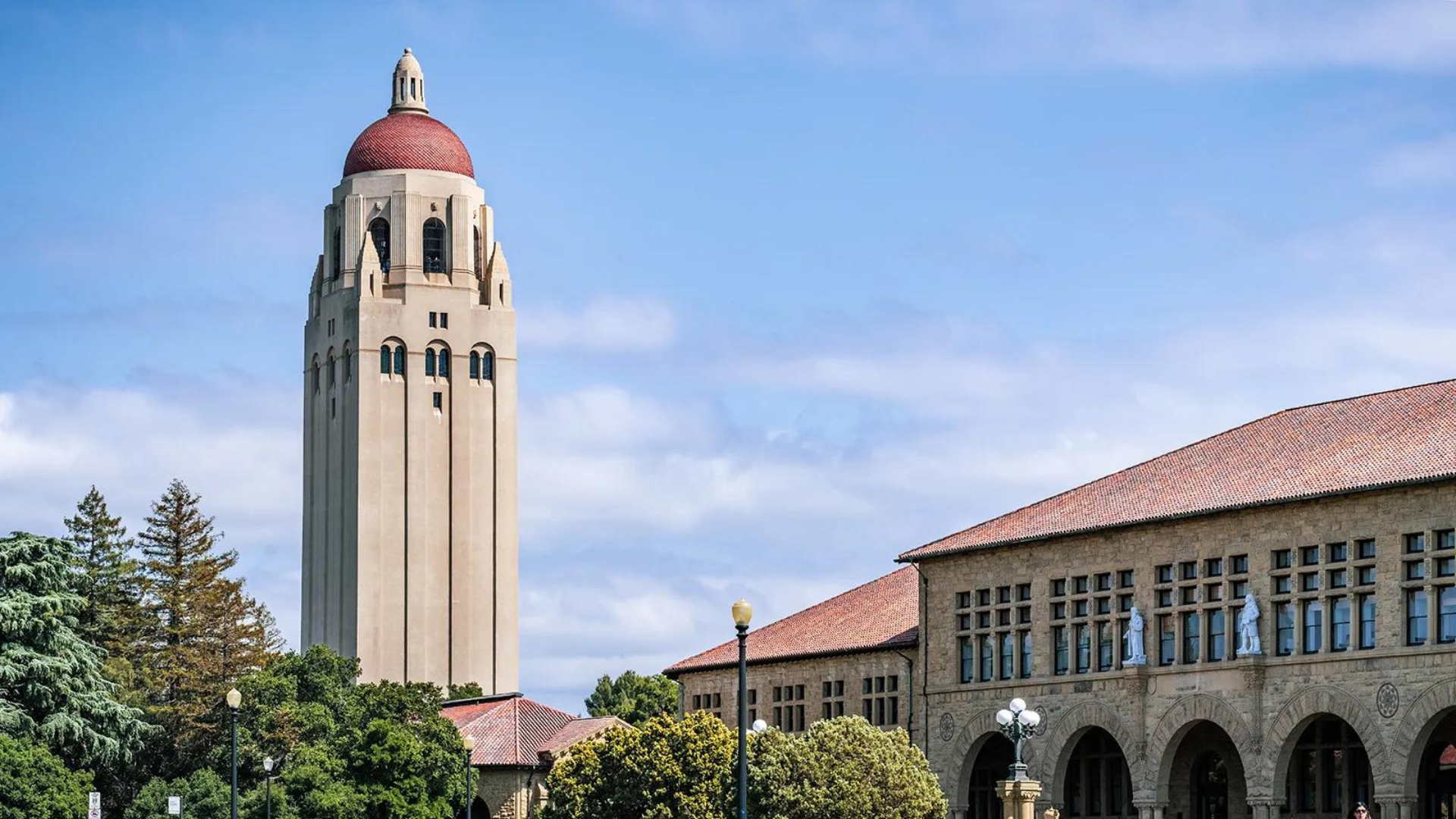
Stanford Law School, situated in the heart of Silicon Valley, is known for its innovative approach to legal education.
Program Overview: Stanford Law offers a flexible curriculum and encourages interdisciplinary studies. You'll have the opportunity to engage with technology and law, which is perfect for those interested in the intersection of law and innovation.
Strengths: Stanford excels in intellectual property law, technology law, and international law. The proximity to tech giants in the area provides unique networking opportunities.
Notable Alumni:

Columbia Law School, located in the vibrant city of New York, offers a comprehensive legal education with a global perspective.
Program Overview: Columbia Law's program is known for its diverse course offerings and focus on international law. The location in NYC provides unparalleled access to legal professionals and opportunities.
Strengths: Columbia is renowned for its programs in corporate law, human rights law, and international law. It also offers extensive externship opportunities in various fields.
Notable Alumni:

The University of Oxford Faculty of Law, located in the historic city of Oxford, is one of the world's most prestigious law schools. Here's what you need to know:
Program Overview: Oxford Law offers a world-class legal education grounded in centuries of tradition. The program emphasizes critical thinking and encourages students to engage with legal theory and practice. It also provides flexibility for students to tailor their studies to their interests.
Strengths: Oxford Law is particularly renowned for its strength in legal philosophy, human rights law, and international law. The faculty includes esteemed legal scholars and practitioners.
Notable Alumni:
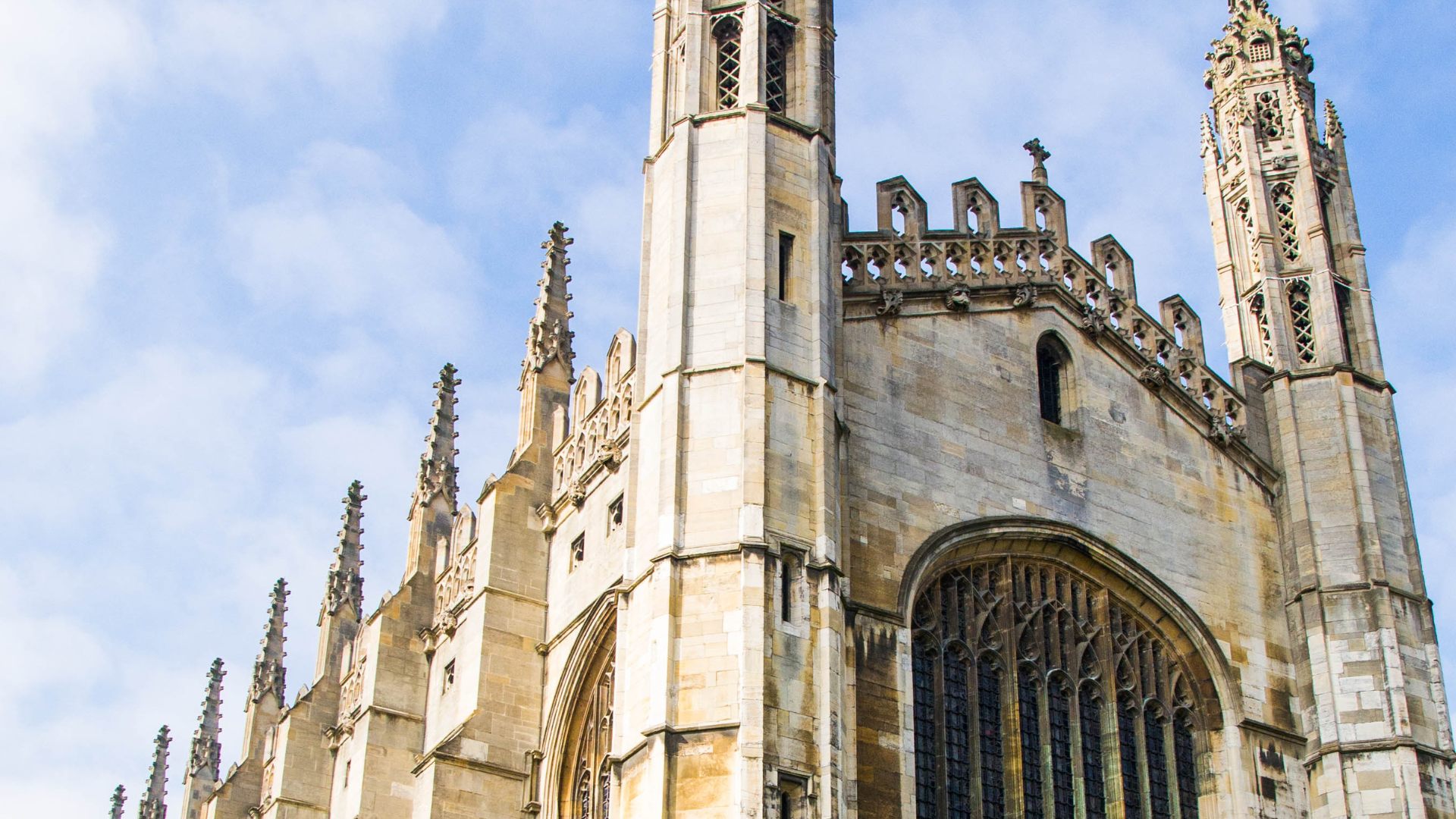
The University of Cambridge Faculty of Law, situated in the historic city of Cambridge, is another top-tier institution for legal education.
Program Overview: Cambridge Law combines a rigorous academic curriculum with a commitment to fostering critical thinking and legal research skills. Students benefit from small class sizes and close interactions with faculty.
Strengths: Cambridge Law is known for its excellence in criminal law, European law, and public international law. It also has a rich history of producing influential legal scholars.
Notable Alumni:
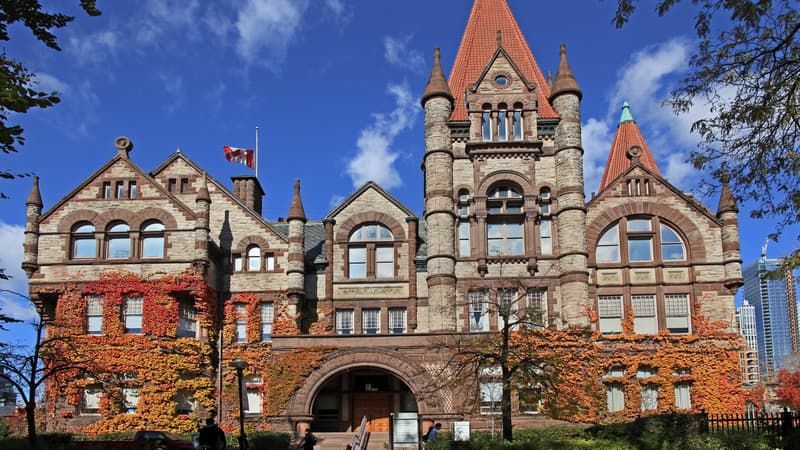
The University of Toronto Faculty of Law, located in one of Canada's most vibrant cities, is a leading institution for legal education in North America.
Program Overview: Toronto Law offers a comprehensive legal education that combines theory and practice. The program emphasizes experiential learning, allowing students to gain practical legal skills.
Strengths: Toronto Law is known for its strengths in international law, business law, and legal research. It benefits from its location in a global city with a thriving legal community.
Notable Alumni:
Law schools generally require essential documents and materials you'll need to compile for your law school application:
LSAT Scores: The LSAT (Law School Admission Test) is a standardized test assessing critical thinking, logical reasoning, and reading comprehension skills. Most law schools require LSAT scores as part of your application. Take the test seriously, prepare diligently, and aim for the best score possible.
Personal Statement: Your personal statement is your chance to shine. It's where you tell your unique story and explain why you want to pursue a legal career. Be genuine, be yourself, and ensure your statement is well-written and free of errors. Highlight your passion for law and any experiences that have influenced your decision.
Resume or CV: Many law schools request a resume or curriculum vitae (CV) outlining your academic, work, and extracurricular experiences. A well-structured resume can complement your application.
Optional Essays or Addenda: Some schools offer optional essays or addenda. These allow you to provide additional context or explanations regarding your application, such as a diversity statement or reasons for a low GPA.
Transcripts: Law schools require your undergraduate and, if applicable, graduate transcripts. Ensure your grades are strong, and address any challenging semesters in your application, especially in your personal statement.
Letters of Recommendation: Choose individuals who know you well and can speak to your academic or professional abilities. Professors, employers, or mentors are great options. Provide recommenders ample time to craft personalized letters that showcase your strengths and potential.
Picking the right law school can make all the difference. It shapes your education, helps you make connections, and even influences your future legal career.
It’s important to find the right law school for you that fits your aspirations and preferences. Research your dream law school’s requirements thoroughly and prepare your application material, keeping the deadlines in mind.
If you need help finding and applying for the perfect school for you, Crimson can help! You’re 7 times more likely to gain admission to your dream school by working with our expert strategists.
What Makes Crimson Different